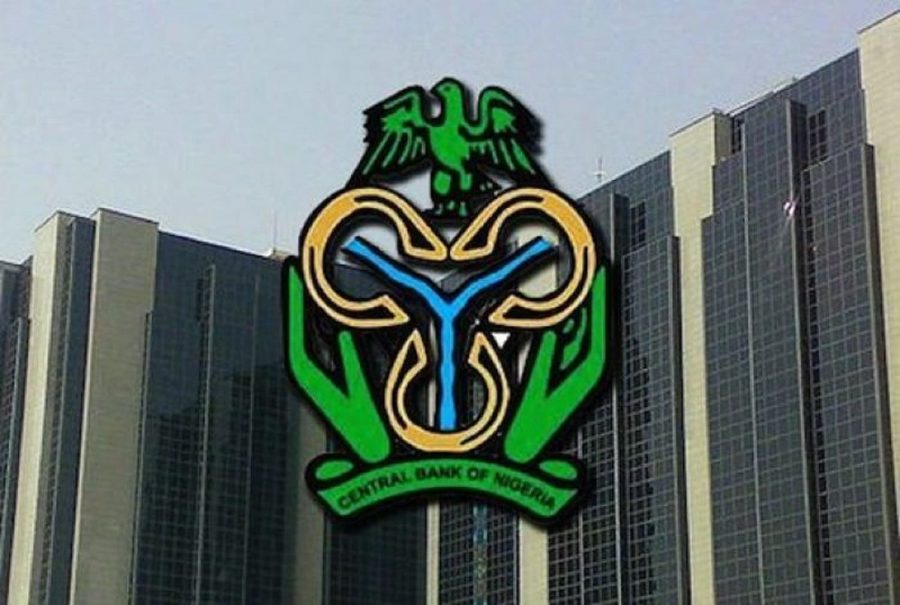The Central Bank of Nigeria has established the Credit Guarantee Schemes to promote lending to MSMEs and remove barriers to their growth.
Credit Guarantee Companies (CGCs) are supposed to provide lenders with third-party credit risk mitigation by absorbing a percentage of the lender’s losses on loans given to Nigerian Micro, Small, and Medium Enterprises (MSMEs) in the event of failure.
A CGC guarantee represents a legal pledge to discharge an agreed portion of a borrower’s liability in the event of default.
Interested parties who can negotiate Nigeria’s loan system may find the new program profitable, especially given the magnitude of the country’s informal sector, which includes MSMEs. But, before we go any farther, let’s go over the Dos and Don’ts of a CGC.
Dos and Don’ts of Credit Guarantee Companies
According to the guidelines, CGC may carry out the following: A CGC may provide a guarantee for risk assets of participating financial institutions; Render advisory services for financial and business development; Invest surplus funds in government securities; Partake in other investments as may be approved by the CBN; Provide technical assistance to lenders and borrowers on credit and business Development; Maintain and operate various types of accounts with banks in Nigeria; and Other activities as may be prescribed by the CBN from time to time.”
The Credit Guarantee Companies’ permeable action provides interested parties with access and incentives that help the CBN achieve its goal of pushing finance to MSMEs.
The CBN, however, stipulated various non-permissible acts of Credit Guarantee Companies, such as accepting deposits and guarantees from companies outside of Nigeria, in order to keep the focus on Nigeria and in keeping with the core aim.
The CBN listed non-permissible action of the Credit Guarantee Companies as follows, “Provision of guarantee to entities outside Nigeria; Provision of guarantee to entities within its holding company structure and connected entities; Guarantee loans of any institution it is indebted to; Acceptance of demand, savings and time deposits or any other deposits; Provision of credit to customers; And management of pension funds or schemes.”
How to apply
- The promoters of a CGC will be required to file a formal application for a CGC license to the Governor of the CBN.
- The application for a CGC license will be processed in two stages: preliminary approval and final approval.
- The following are the financial conditions that the CBN may change interested parties: N10,000,000,000 (Ten Billion Naira) is the minimum share capital; N100,000 (One Hundred Thousand Naira) is the non-refundable application charge; N1,000,000 (One Million Naira) is the non-refundable licensing fee; and N50,000 is the change of name fee (Fifty Thousand Naira).
Stage one Approval-in-Principle (AIP)
Any promoter(s) seeking a license to run a CGC in Nigeria would submit a written application to the Governor of the CBN, together with the necessary paperwork. The document would include capital requirements, deposit evidence, and other relevant paperwork that the CBN guideline would go into in detail.
Nairametrics compiled a list of fast takeaways from stage one’s rigorous process, including: A non-refundable application fee of N100,000 (One Hundred Thousand Naira) in bank draft payable to the CBN or CGC Application and Licensing Account, or such other amount as the CBN may decide;
- Evidence of deposit into the FPRD CGC Share Capital Account of the required minimum paid-up capital requirement of N10,000,000,000.00 (Ten Billion Naira only) or any other amount prescribed by the CBN. The CBN would repay the cash deposited to the promoters, along with any investment profits, after deducting administrative expenses and income tax, whether the license is granted or not.
- Source(s) of funding of the proposed equity contribution for each shareholder.
- Where the source of funding of the equity contribution is a loan, such shall be a long-term facility of at least a 7-year tenor and shall not be taken from the Nigerian banking system;
- Board and board committee charters stating the roles and responsibilities of the board and sub-committees;
- National Identity Number (NIN), Bank Verification Number (BVN) and Tax Clearance Certificate (TCC) of each proposed director and significant shareholders and valid means of identification;
- Financial projections for the projected CGC for the next five years, including expected growth, profitability, and assumptions;
- Additional documents for corporate investors include: Certificate of Incorporation and certified true copies of other incorporation documents; Board resolution supporting the company’s decision to invest in the equity shares of the proposed CGC; Names and addresses (business and residential) of owners, directors, and their related companies, if any; and Audited financial statements and reports of the company and TCC for the immediate past three years.
We employ you to read the disclosed CBN guideline on Credit Guarantee Schemes to get full information about other necessary documentation.
Stage two final licence
Requirements for Final License Granting:
- The promoters of a planned CGC must submit an application to the CBN for the grant of a final licence no later than six (6) months after receiving the AIP.
- The application shall be accompanied with the following: Non-refundable licensing fee of N1,000,000.00 (One Million Naira) only, or such amount as may be prescribed by the CBN, in bank draft payable to the CBN or CGC Application and Licensing Account; Submission of Certified True Copy (CTC) of Certificate of Incorporation of the CGC; CTC of MEMART; CTC of Form CAC 1.1(application for registration of company); Evidence of payment of Stamp Duties; Evidence of location of Head Office (rented or owned) for the takeoff of the business;
- The promoters must also inform the CBN of any changes to the Board of Directors or Shareholding after the AIP is granted. Evidence of the CGC’s ability to meet technical needs and provide current infrastructural facilities such as office equipment, computers, and telecommunications in order to carry out its operations and meet CBN and other regulatory criteria;
- Copies of letters of offer and acceptance of employment for the management team are also required to be presented. Detailed resumes of top management employees detailing qualifications (containing photocopies of academic and professional credentials), experience, and accomplishments, as well as their BVN, TCC for the previous three years, and a valid form of identification; a sworn declaration of net worth signed by top management; and a completed Fitness and Propriety Questionnaire
- The apex bank is also interested in the Internal Control Policy; Business Continuity Plan; Comprehensive plan on the commencement of the GCC’s operations with milestones and timelines; and Board and staff training program.
How to begin
- At this stage, you should have fully received your license would want to commerce operation.
- The CGC shall, through a letter, inform the CBN of its readiness to commence operations and such information shall be accompanied by one copy of each of the following:
- Shareholders’ Register; Copy of share certificate issued to each investor; Opening statement of affairs signed by at least two directors and auditors; Enterprise Risk Management Framework (ERMF); Internal control policy; and Minutes of the pre-commencement board meeting.
- Once the apex bank is satisfied then you can begin your new business and support the CBN core objective.














.gif)







Rayis FAM
the program is very important